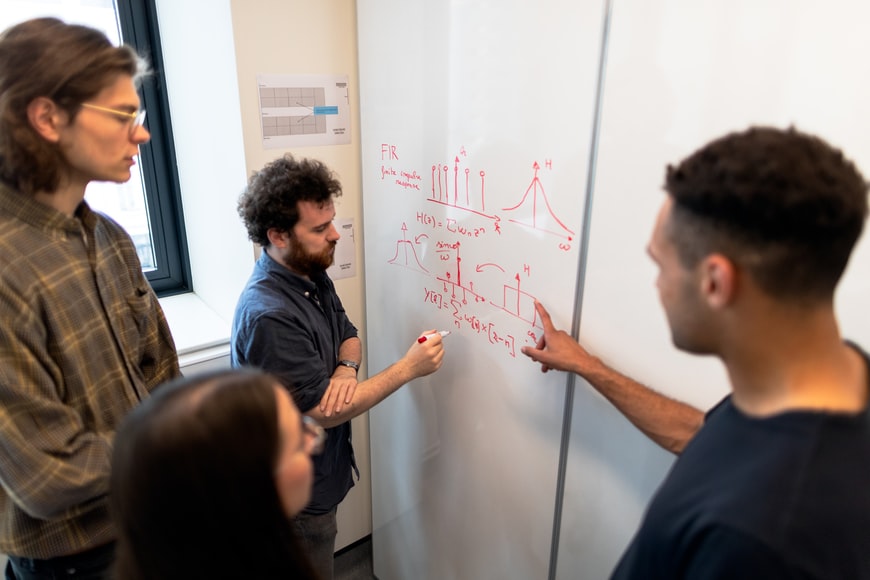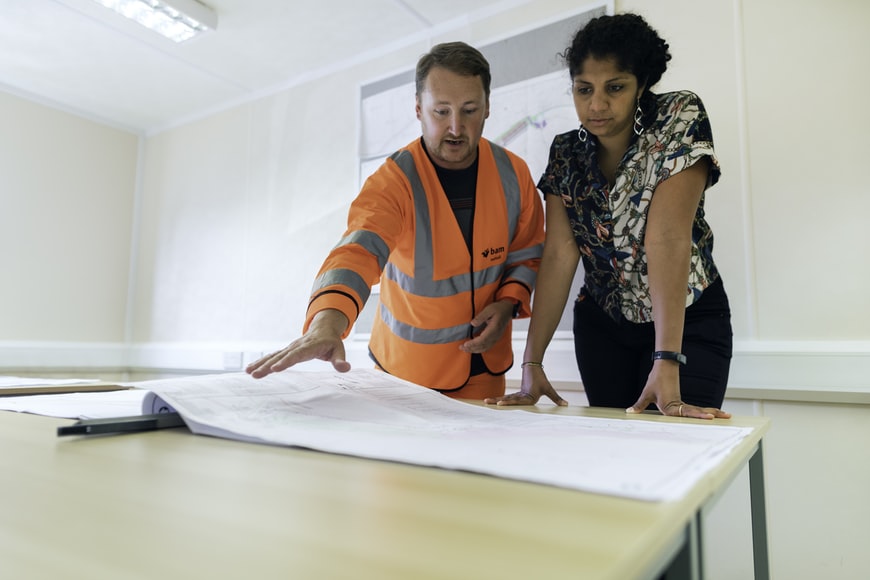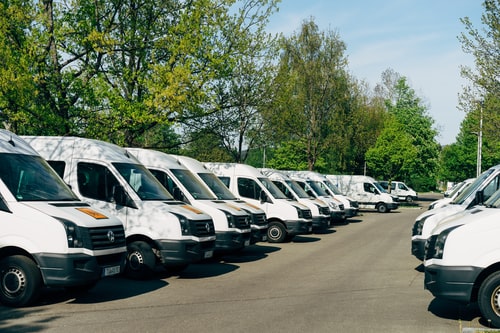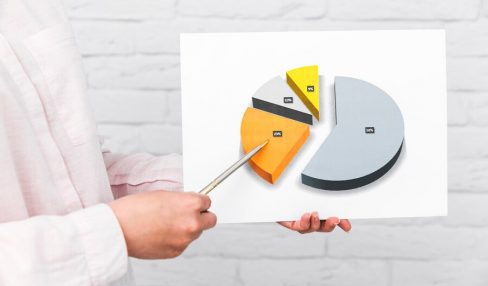5 Steps To Better Risk Assessment And Sourcing At Your Business
4 Mins Read
Published on: 02 December 2021
Last Updated on: 10 December 2024

toc impalement
Markets change. Supply chains become volatile. You want to stay on top of demand and maintain an appropriate inventory to meet it. But there’s a lot to be said about mitigating risk and understanding procurement issues along your supply chain. Sometimes the quality of a vendor just isn’t up to scratch, or they’re unreliable. Other times forecasting your future business needs is a challenge and for risk assessment. Visit Tenderboard procurement platform to better the risk and challenges.
5 Steps To Have A Sound Risk Assessment

Then there’s the problem of not really knowing or understanding what you need to order or keep on hand. So how do you improve your sourcing strategies, reduce costs, and carve a path to future success with a risk assessment at your organization?
It comes down to developing a robust strategy and to finding ways to prevent/attenuate any type of potential risk. Here are five steps to find a better sourcing and risk assessment management solution.
1. Analytics
Analytics is a key component of any successful business risk assessment strategy, including sourcing. Analytics help you identify the best times and resources to use when you’re working on sourcing initiatives. They also help you understand your customer base and the demand level of certain supplies.
Using these data is critical to developing better sourcing strategies and part of the reason why automating augmenting some of the processes with an AI solution is becoming more and more essential as businesses evolve.
2. Optimization
Part of sourcing is looking at supplier bids and the scope of work contracts. It’s also about identifying opportunities, making intelligent decisions, reducing risk, and realizing the benefits of a contract you’ve already made with a vendor.
All of these vectors come into play throughout the sourcing process, so it makes sense to find a way to reduce your time researching and spend more time actually realizing and optimizing your solutions.
Artificial intelligence and machine learning can assist with this by discovering possible issues, analyzing your data, automating some of the more routine sourcing tasks you might have at your organization, classifying your spending into different categories, and much more.
Better yet, looking through and assessing all of those bids is easier when you have some sort of automation or assistance to help you find the best possible suppliers to use. By operating at a risk assessment at an optimized level, you can simplify most of the sourcing process and optimize everything along the way.
3. Strategic Sourcing
Developing a strong risk assessment, strategic sourcing strategy, and initiative is essential to helping your business thrive, especially during uncertain times. Ideally, you want to uncover new sourcing opportunities and find the best suppliers that will be the optimal match for your business.
Decision-making is also pretty important, and you should use any tools at your disposal that can help you optimize any decisions you make along the sourcing path. Ultimately, you want to find suitable suppliers for the right job.
That’s what strategic sourcing is all about. More than that, strategic sourcing involves looking in-depth at your spending profile, assessing your supplier base and requires lots of proactivity. You should constantly monitor and evaluate your suppliers to ensure they live up to their potential and perform per their contracts. Building and maintaining relationships is also a large part of the Strategic sourcing process.
With a robust risk assessment foundation and optimizing your sourcing process, you can not only build the strongest relationships your company needs with suppliers to thrive, but you can also ensure overall cost savings and less risk as the business evolves.
For the best in strategic sourcing information, check out https://www.coupa.com/products/strategic-sourcing. Coupa is an industry leader when it comes to everything from finding dynamic sourcing solutions to dealing with the supply chain to procurement to strategic sourcing and beyond.
4. Compliance
Part of a robust risk assessment strategy should be ensuring compliance across the board for all vendors, suppliers, contracts, and anyone with whom your business deals on a regular basis. Compliance means are they sticking to the agreement?
Are they fulfilling the terms of the contract? Is the product quality high? Are there any issues that may involve a right to cure situation or cause undue risk? You also need to keep tabs on rogue spending or maverick spending to reduce fraud and other potential problems.
Compliance plays a significant role in any procurement and risk assessment strategy. Still, it also helps cement better relationships with your suppliers, making it a valuable component of your company’s overall strategic sourcing initiatives.
5. Eliminate Third-Party Risk
Third-party risk mitigation goes hand in hand with compliance and understanding what’s actually going on behind the scenes with your vendors. Financial, legal, and reputational losses can be damaging to an organization.
Failure to meet a client’s expectations isn’t just bad for the customer — it’s terrible for business. Vendor issues, supplier risk, economic turmoil, and natural disasters all contribute to risk. So, implementing a risk assessment management strategy into your sourcing solutions is crucial to preventing any third-party risk problems.
Automation software can help identify risk factors throughout the sourcing and help you develop a better overall strategy, so it’s prudent to use these tools if they are available to your organization.
Conclusion:
More you are going to eliminate the potential threats and risk your production is going to enhance. For the robust SCM process, you have to set a separate unit to run the risk assessment. These are the five easy steps to run the best risk assessment task and eliminate the potential threats.
Read Also:


















Comments Are Closed For This Article